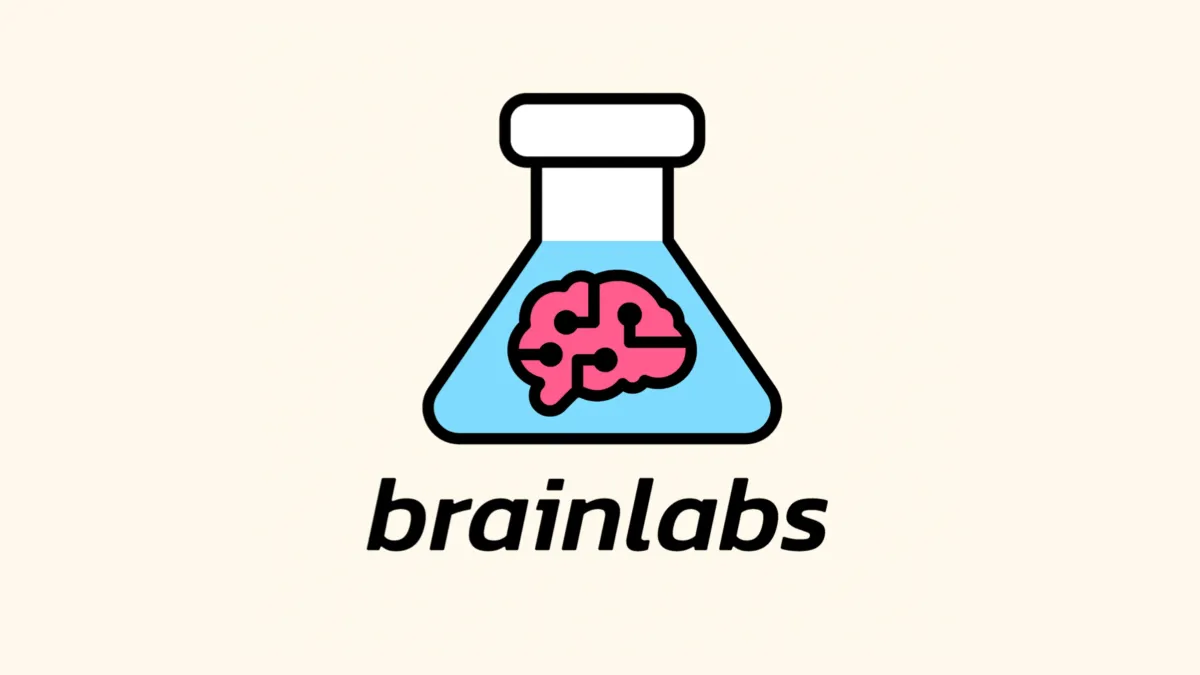

A comprehensive study released by Brainlabs on July 8, 2025, reveals that artificial intelligence search is fundamentally transforming search engine optimization practices across digital marketing. The 18-page report, titled "Navigating the New Era of AI Search," presents data showing that marketing professionals must shift from traditional website-focused strategies to multi-platform visibility approaches.
Google's AI Overviews now operate in 200 countries and 40 languages as of May 2025, while AI Mode remains available exclusively in the United States and India. According to the Brainlabs analysis, "96% of links in AIO are from the top 10 organic results," signaling that traditional ranking factors remain relevant even as search behavior transforms.
Subscribe the PPC Land newsletter ✉️ for similar stories like this one. Receive the news every day in your inbox. Free of ads. 10 USD per year.
Summary
Who: Brainlabs, a digital marketing agency, with authors Derek Hobson (Senior Director, SEO) and Travis Tallent (Managing Director, Site Experience). The report addresses marketing professionals, SEO practitioners, and business leaders adapting to AI-powered search environments.
What: A comprehensive analysis revealing that AI search technologies fundamentally transform search engine optimization from website-focused strategies to multi-platform visibility approaches. The study documents that 96% of AI Overview links come from top 10 organic results, while AI search visitors demonstrate 4.4 times higher value than traditional organic traffic.
When: Released July 8, 2025, the study analyzes current trends since Google AI Overviews launched in May 2024 through the May 2025 expansion to 200 countries and 40 languages. The research projects continued growth through 2027-2028 when AI channels may drive economic value equal to traditional search.
Where: The study examines global search ecosystem changes affecting websites, social platforms, and AI systems including Google AI Overviews, AI Mode, ChatGPT, Perplexity, and Claude. Geographic focus includes the United States where AI Mode operates exclusively, plus the 200 countries where AI Overviews function.
Why: The research addresses fundamental shifts in search behavior where users receive direct answers from AI systems rather than clicking through to websites. This creates measurement challenges, attribution complexity, and revenue impacts for marketing teams while requiring new optimization strategies across multiple platforms and content formats.
Subscribe the PPC Land newsletter ✉️ for similar stories like this one. Receive the news every day in your inbox. Free of ads. 10 USD per year.
The research indicates that conversational search experiences are replacing traditional blue links, creating what the authors call "Search Everywhere Optimization." Data from SparkToro, SEMrush, and Datos referenced in the study shows ChatGPT receives 373 times fewer searches than Google, yet adoption rates are accelerating rapidly.
 PPC LandLuis Rijo
PPC LandLuis Rijo
Large language models like ChatGPT achieved 365 billion messages in two years compared to Google's 11-year timeline to reach similar scale. "AI Search is doing more than just taking a slice of Google's pie – it's making the whole 'search' menu bigger," the report states. YouTube became the most visited site from US desktop searches in Q1 2025, demonstrating the shift toward video content consumption.
Derek Hobson, Senior Director of SEO at Brainlabs, emphasizes that "platforms like Perplexity and Google's AI Overviews don't care which team made the content – they care whether it's credible, structured, and consistent." This observation highlights how AI systems evaluate content quality across multiple formats and platforms simultaneously.
The study reveals concerning trends for website traffic. Marketing teams are observing that "impressions are climbing, but clicks are steadily dropping" in Google Search Console data. This pattern indicates AI Overviews directly answer user queries without requiring click-throughs to source websites.
 PPC LandLuis Rijo
PPC LandLuis Rijo
Travis Tallent, Managing Director of Site Experience at Brainlabs, notes that "the role of marketers in an AI world is all about understanding and raising the brand's visibility across the entire internet." Traditional SEO approaches focused on individual websites no longer provide sufficient competitive advantage.
Technical implementation becomes more complex with AI search integration. The report specifies that Claude "only performs a web search in about half of user queries, typically when the prompt involves current events or complex, multi-dimensional tasks." Understanding when different AI systems trigger web searches helps content creators optimize for maximum visibility.
Structured data and clear content formatting gain increased importance. According to the research, AI Overviews favor three critical elements: simplicity with answers under 80 words, structured HTML formatting using proper heading tags, and specificity through domain-appropriate language that demonstrates genuine expertise.
The marketing implications extend beyond content creation. Brainlabs identifies that "every channel with a user intent now contributes to the search ecosystem, and artificial intelligence is actively synthesizing information from all of them." This requires coordination between previously siloed marketing teams managing YouTube, TikTok, influencer partnerships, and customer service interactions.
Data from Imperva cited in the study shows 2024 marked the first year bot traffic exceeded human website visitors. This trend, combined with increasing skepticism about AI-generated content, creates what the report calls "The Quest for Authenticity." Brands must prove legitimacy across multiple platforms rather than relying solely on website authority.
Revenue attribution becomes more challenging as traditional click-through metrics lose relevance. The study recommends tracking referral traffic from AI tools through Google Analytics 4, monitoring branded searches and returning visitors, and measuring AI Overview visibility as leading indicators of brand trust.
For technical optimization, the research provides specific guidance for different AI platforms. Google's AI Mode uses "fan-out queries" that expand original searches into multiple related subqueries, requiring broader topical coverage. ChatGPT, Claude, and Perplexity prefer content addressing timely topics, decision-making scenarios, and nuanced comparisons.
The organizational impact proves significant. "SEO is about influence. It's about building relationships between Product, Marketing, and Sales," according to Daniel K Cheung, quoted in the study. This requires breaking down departmental silos to create consistent brand experiences across all customer touchpoints.
Platform-specific strategies emerge as essential. The report notes that "a growing number of users are appending their search queries with 'Reddit'" while YouTube traffic from search continues growing. Content creators must optimize for each platform's unique algorithms while maintaining brand consistency.
Why this matters for marketing professionals: AI search represents the biggest shift in digital marketing since mobile optimization. Unlike previous algorithm updates that affected individual websites, AI search fundamentally changes how users discover and evaluate brands across all digital platforms.
Marketing teams must evolve from channel-specific optimization to comprehensive brand visibility strategies. The research suggests implementing four-phase measurement approaches, starting with basic search demand tracking and advancing to cross-platform signal attribution and lifetime value analysis.
Enterprise organizations face particular challenges with hundreds of thousands of pages requiring optimization. The study recommends using AI tools for data collection and pattern recognition while focusing human expertise on strategic analysis and creative differentiation.
The competitive landscape shifts toward brands that establish authentic expertise and consistent presence across multiple platforms. Traditional metrics like website traffic become less predictive of business success compared to brand mention volume, sentiment analysis, and direct traffic patterns.
Timeline
- July 2025 - Brainlabs releases "Navigating the New Era of AI Search" study
- May 2025 - Google AI Overviews launch in 200 countries and 40 languages
- Q1 2025 - YouTube becomes most visited site from US desktop searches
- 2024 - Bot traffic exceeds human website visitors for first time
- 2024 - ChatGPT achieves 365 billion messages milestone
Related Stories
- AI search visitors worth 4.4x more than traditional organic traffic - June 9, 2025
- Ahrefs study finds AI search visitors convert 23x higher than organic traffic - June 16, 2025
- Google AI overviews cut traffic by 34% as publishers demand action - May 30, 2025
- ChatGPT could overtake Google search traffic by 2030 - June 18, 2025
- Google explains "great decoupling" of search clicks and impressions - June 17, 2025

